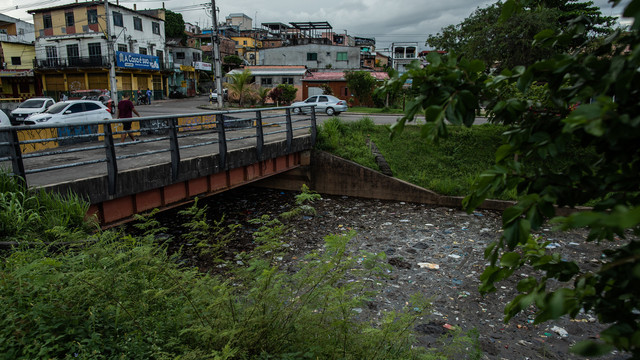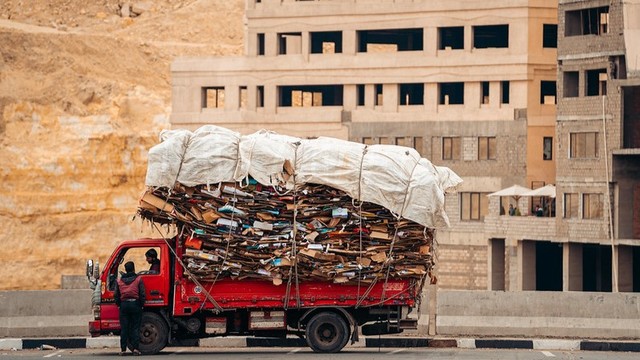The other half of the future – business' informal sector
Small businesses, not least those in the informal sector, have a crucial role to play in sustainable development, as an IIED conference will explore.


A street barber in Kolkata, India. It is estimated that the city has nearly 2m street traders (Photo: Nicolas Mirguet, Creative Commons via Flickr)
Last week, Unilever's chief executive announced the launch of the Global Commission on Business and Sustainable Development. Its aim is to put business at the heart of combating poverty and climate change.
But while it's good to see mega-companies such as Unilever, Merck and Investec getting behind this initiative, let's remember a simple fact: most business is not big business. In a rich country such as Britain, 4.8 million companies are classified as small, medium or micro. Compare that with the 8,000 companies worldwide that belong to the United Nations' flagship sustainability initiative for business, the Global Compact.
The truth is that wherever you go in the world, most business is done by small businesses. When anyone talks about the private sector being at the forefront of tackling the major sustainable development challenges, they need to be paying as much attention to the millions of nags as they do to the hundreds of thoroughbreds.
Recognising the informal sector
And among those nags and the cart horses, crucial to the least developed economies is the informal sector.
What does that term mean? Small family firms, handicraft makers, small-scale farmers, rickshaw drivers, fisherfolk, street vendors… all of these and more are people with small, informal businesses.
And they are at the heart of development, from the cocoa farms in Ghana to the moneylenders in Nairobi's slums; from Jakarta's street cleaners to Mongolia's gold miners. If business is key to the future of sustainable development, then the informal sector is that future's ignored other half.
Getting to grips with the informal sector's role in sustainability is the theme of an international conference on informality to be held in London on 25 February.
It will see informal business experts, policymakers, development agencies, and researchers from around the world identifying the importance of the informal sector, and hopefully taking this message to bodies like the United Nations and the Global Commission.
But whether you can attend or not, the informal sector is not going away.
Organisations such as the World Bank have tried since the 1980s to get entrepreneurs out of the informal sector, and into the more regulated, tax-paying formal one. But the informal sector is still strong, and not just in poor economies. Once Britain's informal economy was included in GDP calculations, it threatened to bump up the nation's payments to the European Union by 20 per cent.
Resilient and sustainable?
With rich country stock markets flat for the past 12 months, and emerging economy ones on the slide, the likelihood is that more and more people will be jettisoned by big companies and driven to the informal sector.
Merck, one of the companies behind the Global Commission, has laid off 36,000 workers in five years, and Pearson (another commission firm) is currently sacking 10 per cent of its 40,000 workers.
Many of the people affected will be praying the informal sector is more resilient than the formal one, and society in general will be hoping that in the race towards sustainability, the half of business we have turned our backs on so far is recognised at last.
Mick Blowfield (mick.blowfield@iied.org) is director of IIED's Sustainable Markets Group.


